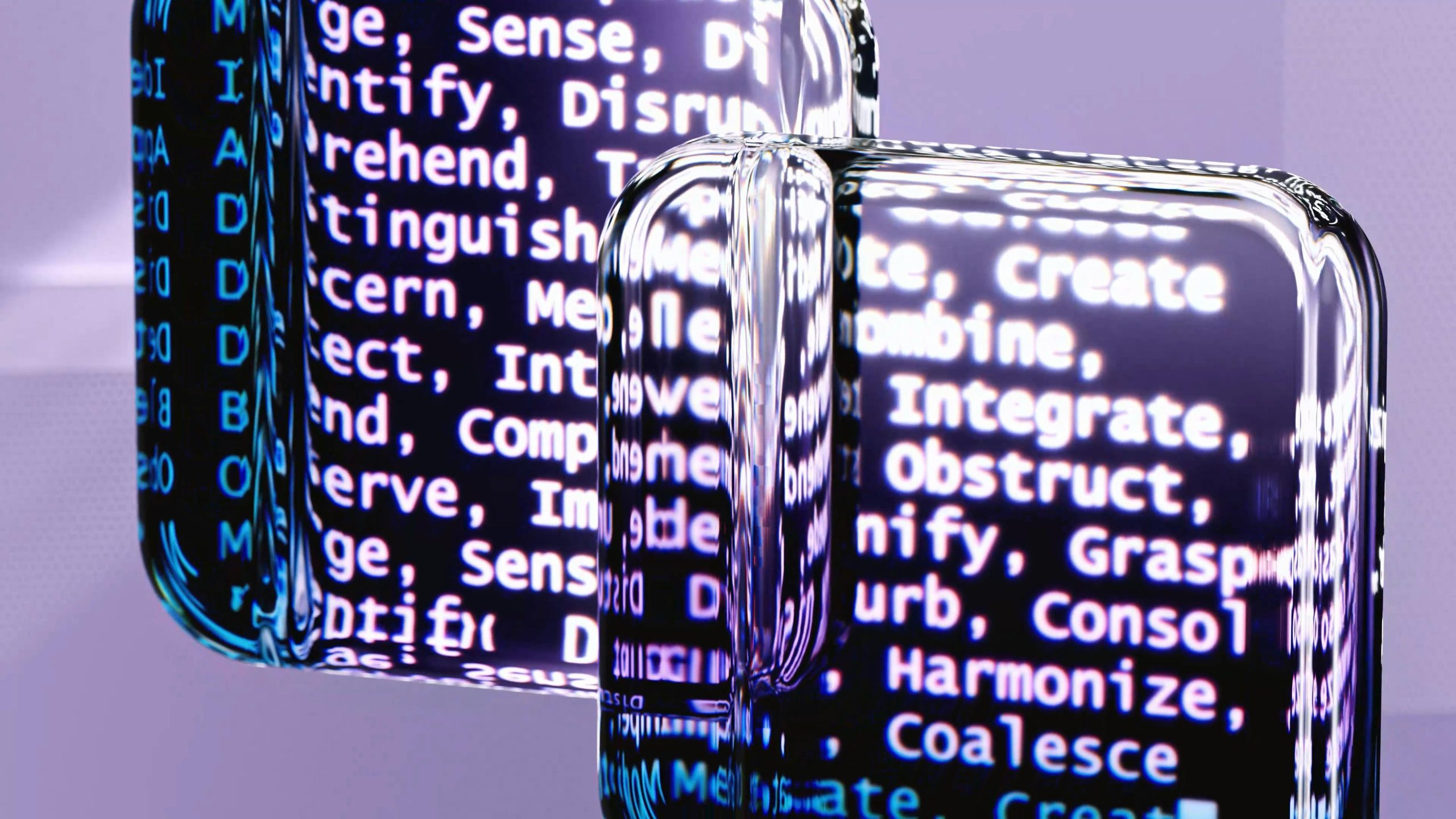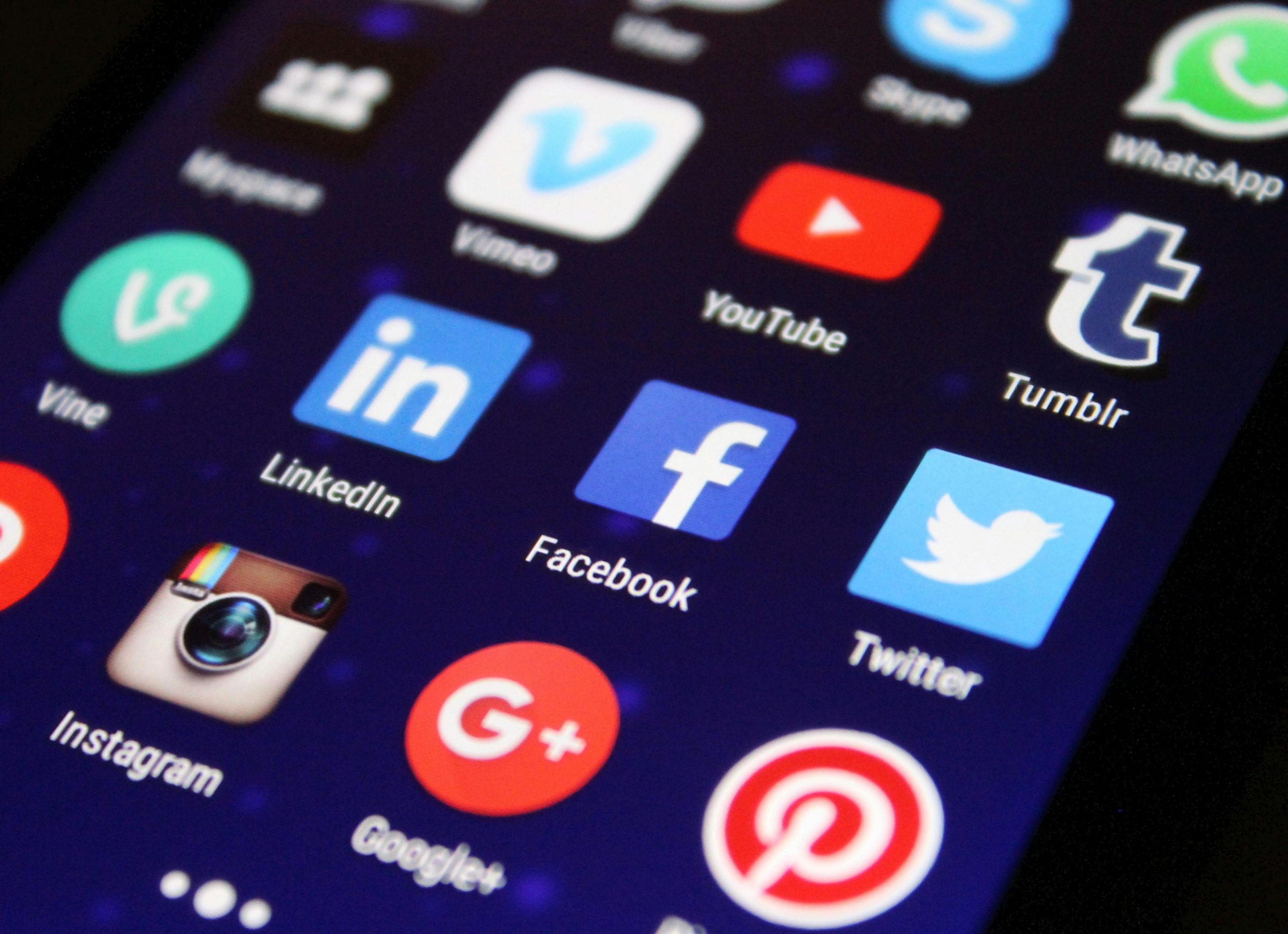In an era defined by rapid technological advancements, digital marketing has transformed from a creative endeavor into a data-driven powerhouse. The integration of algorithms, artificial intelligence (AI), and automation tools has revolutionized how businesses connect with their audiences, optimize campaigns, and drive results. As the digital landscape becomes increasingly complex, marketers are leveraging these technologies to stay ahead of the curve and achieve unparalleled levels of personalization, efficiency, and ROI.




